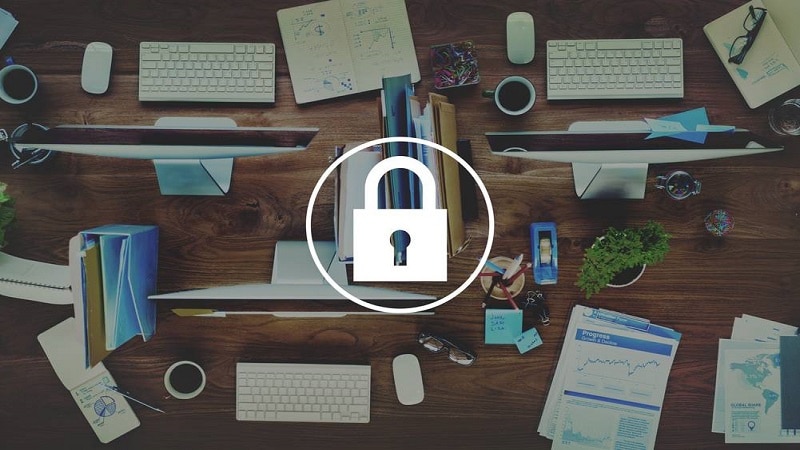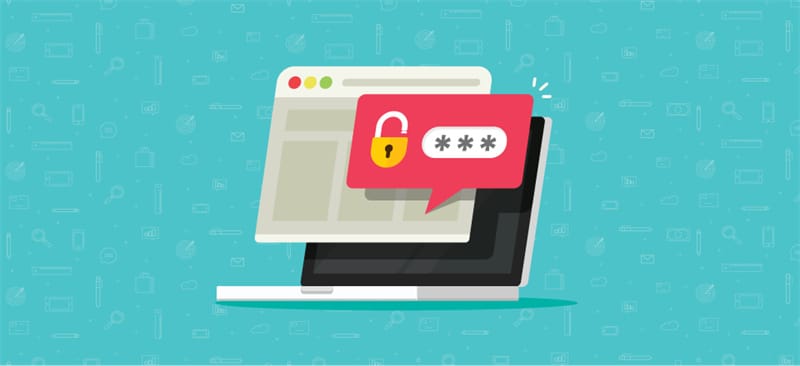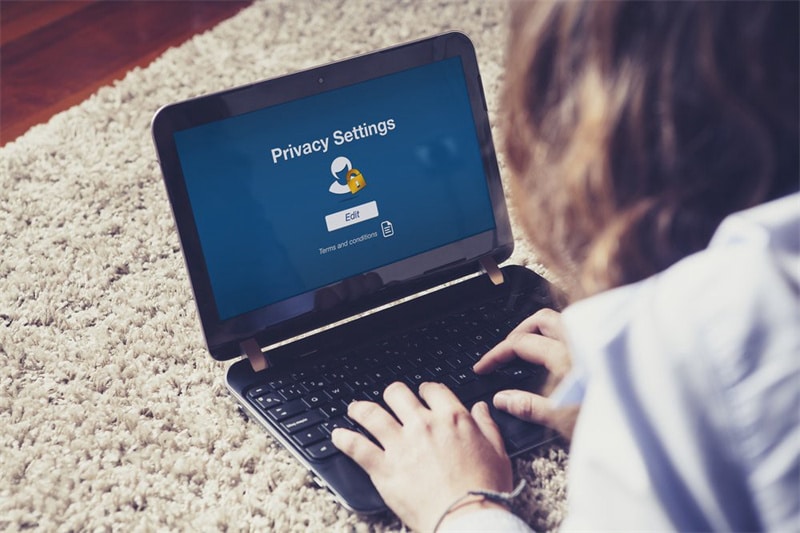
The internet can be a dangerous place if you aren't careful.
There are all sorts of traps that can lead you into danger, such as spyware, malicious links, and deceptive clickable graphics. However, there are also plenty of ways to stay safe online. By following a few simple practices, you can browse the internet safely and protect yourself from harm.
Keep your software up to date
Outdated software is one of the common ways hackers gain access to people’s computers. Guardio digital security notes that keeping your software up to date is one of the most effective techniques to stay safe while surfing the internet.
By ensuring that your software is up to date, you can patch any security holes scammers may have discovered. This includes your operating system, web browser, plugins, and other installed software.

Use a secure connection
Whenever possible, you should use a secure connection when accessing the internet. This means using a VPN or HTTPS whenever possible. A VPN encrypts all of the data sent between your computer and the VPN server, making it much more difficult for hackers to intercept.
HTTPS is a security protocol that is used to encrypt web traffic. Many websites now offer HTTPS by default, but you can also use a plugin like HTTPS Everywhere to force HTTPS on sites that don’t support it.
Be careful what you click on
One of the easiest ways to get malware is by clicking on malicious links or attachments. If you receive an email from someone you don’t know, be very careful before clicking on any links or opening any attachments.
The same goes for social media and other websites. Don't click on a suspicious link if you see one. It’s also a good idea to avoid downloading anything from untrustworthy websites.
Be aware of phishing scams
Phishing scams are a type of online fraud that involves attempting to trick people into giving out personal information. They often take the form of emails or websites that look identical to ones you trust but with slight changes designed to fool you.
For example, a phishing email might look like it’s from your bank, but the link will take you to a fake website. If you ever receive an email or see a website that looks suspicious, do not enter any personal information. And if you’re unsure whether or not something is legitimate, you can always contact the company directly to ask.
Use a secure password manager

A password manager is a program that helps you generate and keep track of strong passwords. Strong passwords are long, randomly generated strings of characters that are very difficult to guess.
Using a password manager can ensure that all of your accounts are protected with strong passwords. This is much better than using the same password for all of your accounts or using easily guessed passwords like “password” or “123456”.
Use two-factor authentication
Two-factor authentication is an additional layer of security that you can use to protect your accounts. With two-factor authentication, you’ll need to provide your password and the second piece of information, such as a code that is sent to your phone.
This makes it considerably more difficult for hackers to gain entry to your accounts even if they have your password.
Be cautious about what you share online
It’s essential to be aware that anything you share online can potentially be seen by anyone, anywhere in the world. This includes information like your name, address, and date of birth. If you’re not comfortable sharing something online, it’s best to keep it to yourself.
Use privacy settings

Most social media sites and other websites have privacy settings that you can use to control who can see your information. For example, on Facebook, you can choose to make your profile visible only to friends. You can make your account private on Twitter so that only people you approve can see your tweets. It’s a good idea to take advantage of these privacy settings to help protect your information.
Internet safety can be deceiving. Just because the internet has a lot of information doesn't mean that it is all true. A lot of the time, people put false information on the internet to trick other people. This is why it is necessary to be aware of internet safety and not believe everything you read.






